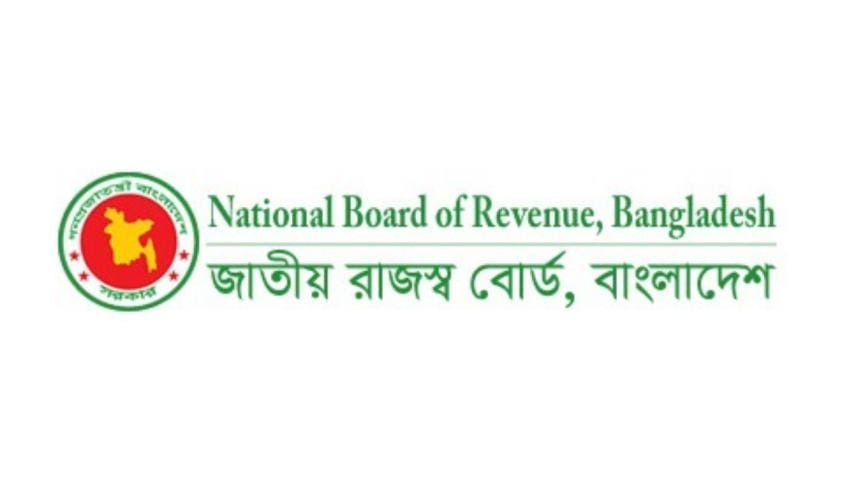A new tax law in the works

The National Board of Revenue has drafted a new income tax law that seeks to keep corporate tax rates identical for all companies and narrow down the list of tax breaks and exemptions.
The draft law is expected to replace the existing Income Tax Ordinance 1984 after its enactment in parliament. It favours scrapping the provision of minimum tax for individuals, limiting withholding tax within 15 sectors in place of present 54 and withdrawing the scope of final settlement.
The draft however seeks to maintain tax on net wealth and favours fixing a separate tax rate for cooperatives and other associations, non-profit organisations and local government bodies, according to a paper presented at a consultation meeting on the formulation of a new income tax law at the NBR headquarters yesterday.
Law Minister Anisul Huq and representatives from trade bodies, two former NBR members on income tax policy and senior tax officials were present at the meeting organsied by the NBR.
"Our tax base has expanded and our objective is to increase the base, not to cut it. From that context, there is a need to make an act in place of existing the income tax ordinance. This improvement should be for people," Huq said at the meeting.
The tax authority prepared the first draft of the Direct Tax law in 2010-11 with support from the International Finance Corporation.
Later, the draft was posted on the NBR's website for opinion from stakeholders. Since the feedback was not positive, the NBR revised the draft as 'Direct Tax Code 2013' and started internal consultations and sought expert opinions.
Later, the NBR formed a committee involving taxmen, after Finance Minister AMA Muhith pledged in his budget speech for the current fiscal year to introduce a new income tax law by 2016.
Huq said the new tax law should be framed in a way so that it becomes acceptable and easy to understand for all. The law should be such that a businessman in a rural area can pay the minimum tax himself, he said.
"It should be easy," he said, while calling for both rigidity and flexibility. It should be framed addressing the changes in attitudes of people. "It is also necessary to change the attitudes of tax collectors."
Mohammed Humayun Kabir, representative of the Federation of Bangladesh Chambers of Commerce and Industry, said a lot of legal complexity arises due to weakness in enforcement/imple-mentation.
He suggested reducing the stages of appeal against tax claims and cut in the discretionary powers of tax officials.
Md Farid Uddin, member of NBR for customs policy, said it is necessary to adopt the international best practices, while appreciating the proposal to limit tax exemption areas.
Md Aminur Rahman, former NBR member of tax policy, however, suggested taking into consideration the local reality before adopting the international best practices fast.
Most of the transactions take place here out of the banking channel, and accounts are also not maintained properly, he said.
"It will be wise to follow the evolutionary route than a revolutionary one," said Syed Md Aminul Karim, another former member of tax policy of NBR. He said the revenue flow will be affected if the corporate tax rate is kept identical for all firms.
Currently, the NBR maintains five rates of corporate tax depending on sectors, with the cigarette makers and mobile phone operators taxed the highest of 45 percent.
"We should consider the revenue impact. It should be taken into account how far the sudden change will be logical." Karim recommended more consultations with stakeholders before finalising the draft law.
Md Nojibur Rahman, chairman of NBR, said the tax authority aims to frame a taxpayer and business-friendly law. "We also want to make the law easy so that everyone can understand it."
Md Shabbir Ahmed, first secretary for income tax policy of NBR, made a presentation on the draft law at the meeting.



 For all latest news, follow The Daily Star's Google News channel.
For all latest news, follow The Daily Star's Google News channel.
Comments